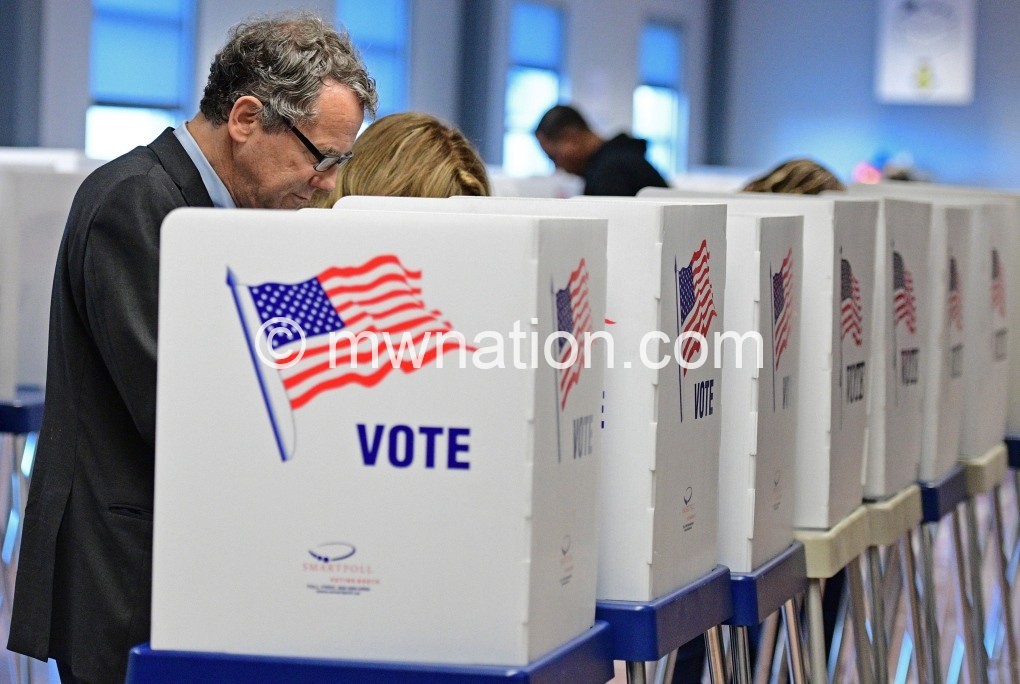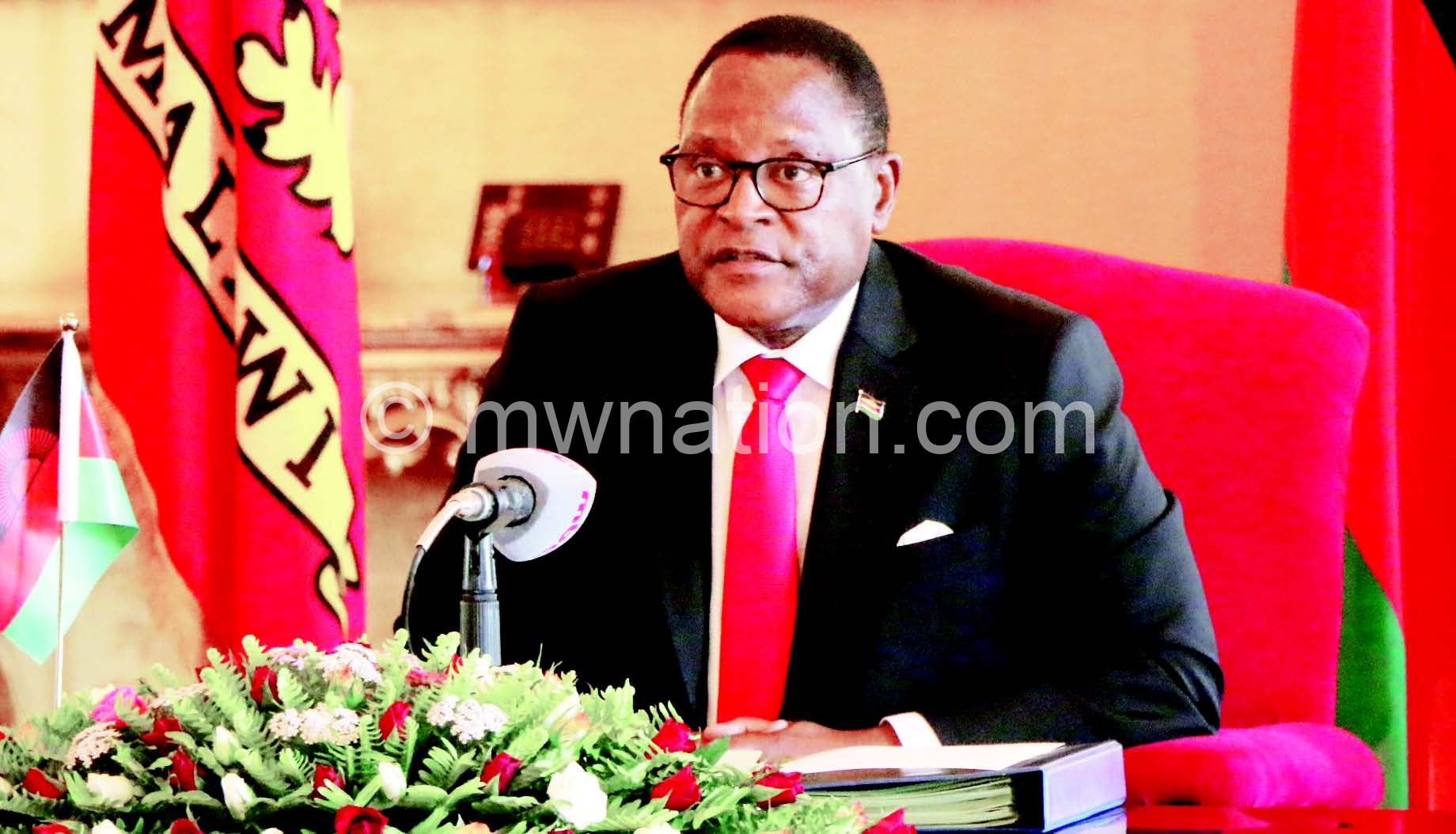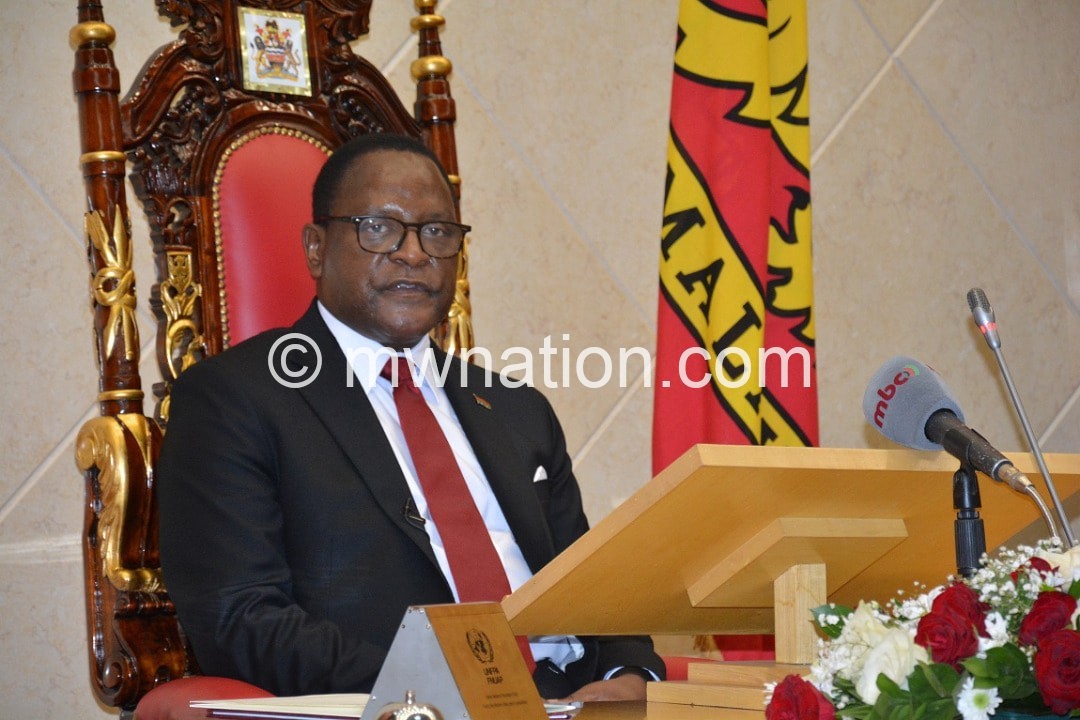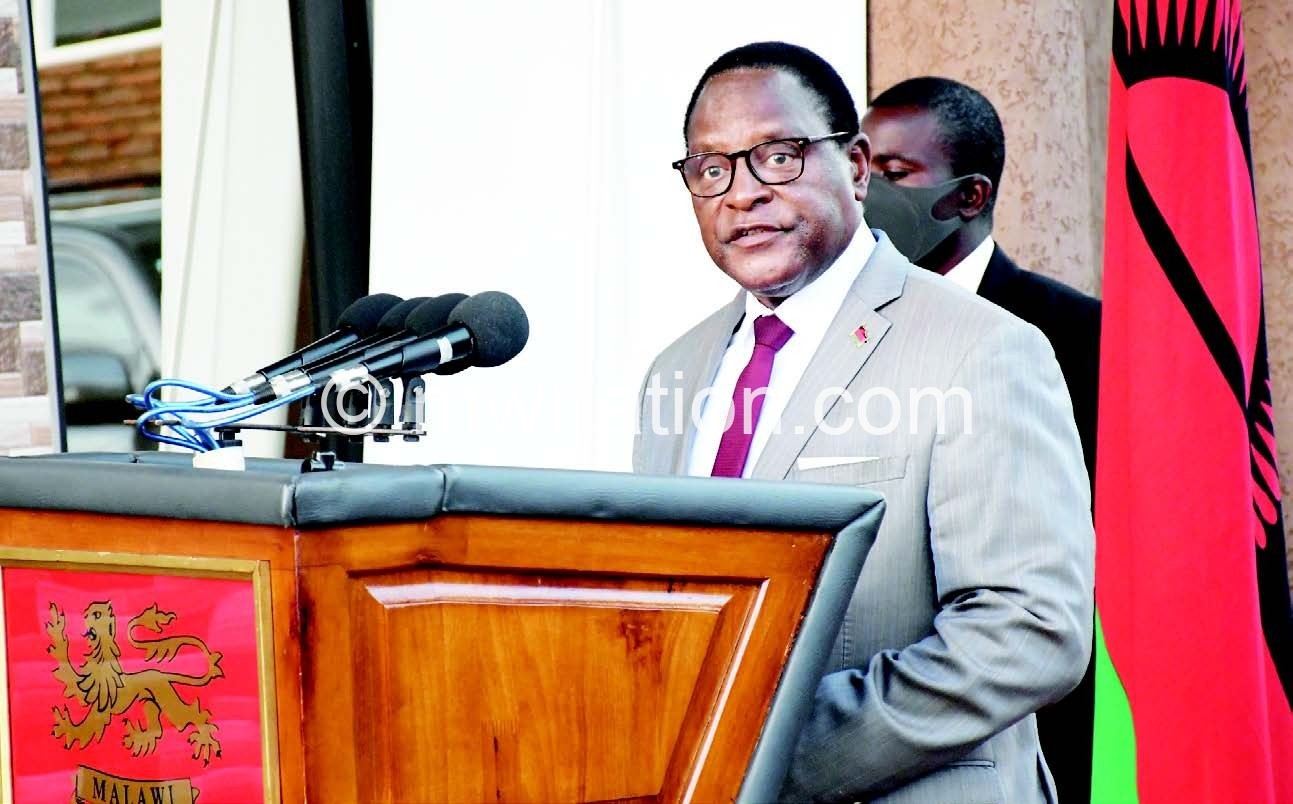Mr President, walk the talk on albino killings
Another one is gone. Yes, another person with albinism, Goodson aged 16, is still missing. There is anger in his small village in Dedza, but not at Capital Hill.
Here, it remains business as usual. The highest office continues to be reactive—waiting for incidents to happen and issue statements. This is not enough Mr President.
Reading through the brutal encounter that preceded the disappearance of Goodson, leaves one in tears. Now the attackers have adopted different strategies, including brutal tactics that have no limits. It is, therefore, surprising that the state machinery continues to do business as usual.
We on the streets believe the attackers are now in war with everyone who attempts to stop them from accessing people with albinism. We, therefore, expected a serious condemnation from the highest office accompanied by lasting solutions with the potential to deal with all suspects and deter would be offenders.
We believe in that it is the president who sets the tone. If he or she goes to bed, everyone follows suit. President Peter Mutharika has never inspired us in the way he reacts to mystifying occurrences such as the killing of the people with albinism and bloodsuckers. What we see is a government that is too resistant to go beyond the usual parameters in solving emerging or recurring issues. It is good at dismissing issues and preaches success even when there is nothing to show.
Unfortunately, this has become normative. Every government that has experienced either bloodsuckers or the killing of people with albinism or any other in the hunt for body parts, has reacted the same way. They have always indicated they are doing more to deal with the problem, but with too little on the ground. It seems politicians enjoy the intuition of being hard workers even when they know it is misleading.
We on the streets spent the week ending today reading a number of papers to understand how both current and past governments have reacted to these occurrences. Seriously, we are not impressed, instead we are hurt. This is why we are not happy with anyone who uses either the bloodsuckers or killing of people with albinism to score a political credit.
We will first take you to the 1970s. This was the period when Malawi recorded the highest number of mysterious murders within a short period of time. A total of 31 people were murdered in Chilobwe Township. The government (Malawi Congress Party led by Dr Hastings Kamuzu Banda) played down the issue and protected senior government officials who were implicated in the syndicate. To some, it may sound fake but not until you get hold of The Chilobwe Murders Trial, a paper by Paul Brietzke, published in 1974 by Cambridge University Press.
A man called Walla Kawisa was arrested on allegations of being connected to the brutal murder of 31 people in Chilobwe Township. In court, Kawisa pleaded guilty to all the counts. In his submissions, he implicated senior government officials such Henry Chipembere. But you know what; none of the implicated was taken to task. They young man was sentenced to death and hanged few days later without gathering more evidence to use in capturing his accomplices. That was the end of the case.
We have appreciated the same during the last two decades. Malawi has experienced occurrences after occurrences with the popular ones being the bloodsuckers, killing of people with albinism and the Chiradzulu murders. In all these, suspects mention big names, but no one goes into the cooler. Our presidents downplay each occurrence and their tones on political podiums leaves a lot to be desired.
Think of the Nachipanti issue in Ndirande Township. He killed many people and when arrested, the Beast of Ndirande mentioned a number of people. Three were arrested, but none was charged. Now, we have many suspects in prison and are being sentenced in singles without promising attempts to follow the chain and burst the market.
We are challenging Mutharika’s government that if it won’t succeed in bursting the market for albino’s body parts, then it will fail Malawians big time. It is a government responsibility to protect its people, and if it cannot, why should it be in power? Mr President, please walk the talk now because time is not on your side. In politics, you ignore writers at own peril.
*Albert Sharra is a Ph.D student in Political Studies at Wits University and is a guest writer of this column.n
This article is the third and last in a three-part series focusing on digital rights, access to the Internet, and Internet affordability in Malawi. This part specifically looks at access to the Internet, what it is and what it entails
Affordable Internet
Dhanaraj Thakur of Alliance for Affordable Internet notes that there are two factors that determine whether Internet access is affordable, namely: the amount of data and the cost for purchasing that level of access. Internet is considered affordable when 1 Gigabyte (GB) of unbundled mobile data costs 2 percent or less of average monthly national income. Unbundled data means data that is not restricted to a specific app or social media service.
The current average monthly income for Malawians is K29 200 (about $40.96), while 1 Gigabyte of unbundled data costs is K5 000.00 (about $6.86) for 30 days. This shows just how expensive mobile data is in Malawi.
This means that Internet remains unaffordable for a majority of Malawians, and studies reveal that even though there has been improvement on Internet access, from 9.6 percent in 2016 to 13.1 percent in 2018, studies also reveal that the Internet speed in the country is getting worse, against the global average.
In 2015, the BBC reported on International Telecommunications Union (ITU) findings, which established the extent of internet cost in Malawi. The report shows that on average Malawians use more than $12 (about K8 760) a month on mobile phones, the primary means of accessing the Internet. The report indicated that [at the time] the $12 was more than half of what an ordinary Malawian earned in a month. Minimum wage was at K15 000.
Freedom House’s Freedom on the Net 2018 report reveals that Malawians have to pay up 44 percent in tax in order to access the Internet. The tax is broken down into the following: a 17.5 percent VAT [value added tax] on mobile phones and services; a 16.5 percent VAT on Internet services; and an additional 10 percent excise duty on mobile phone text messages and Internet data transfers, introduced in 2015. The report reveals that as of March 2018, a monthly data bundle for 10GB costs $22 (about K16 000) with both Airtel and TNM.
The report also reveals that for the few users who can afford the Internet, “connection speeds are frustratingly slow and have decreased to an average of 1.3 Mbps in 2017 from 1.7 Mbps a year prior, compared to a global average of 7.0 Mbps.” The slowing speeds have coincided with rising costs due to poor infrastructure management and lack of investment.
Perhaps inevitable, the report argues that the high costs of the internet have hit the Malawi’s poor the hardest—“shutting them out of an increasingly digital world of important services like mobile banking and money services that could help lift them out of poverty, as well as access to essential communications platforms.”
OSISA/ Wits University report on political economy of new media technologies in Malawi observes that there is a clear need for Malawi government to reduce taxes for ICT products so as to enhance universal access and make the Internet affordable. The report states that “considering the harsh economic climate of Malawi and the already exorbitant costs of ICT services as a result of a poor electrical infrastructure and landlocked geography, regulatory taxes present an unwelcome addition to rising costs.”
The report makes it clear that regulatory and policy frameworks, as well as government taxes are largely responsible for the high tariff rates on mobile phones and SMs. It is then not surprising that majority of Malawians are priced out of the Internet. The amount of VAT the government is getting from the industry indicates that Malawi government is mainly interested in making money—through taxes and operating licences while ignoring the benefits of the Internet to the socioeconomic development of the country and its people. n
The series of articles are made paossible by support from the DW Akademie. For more information visit http://malawi.misa.org.





